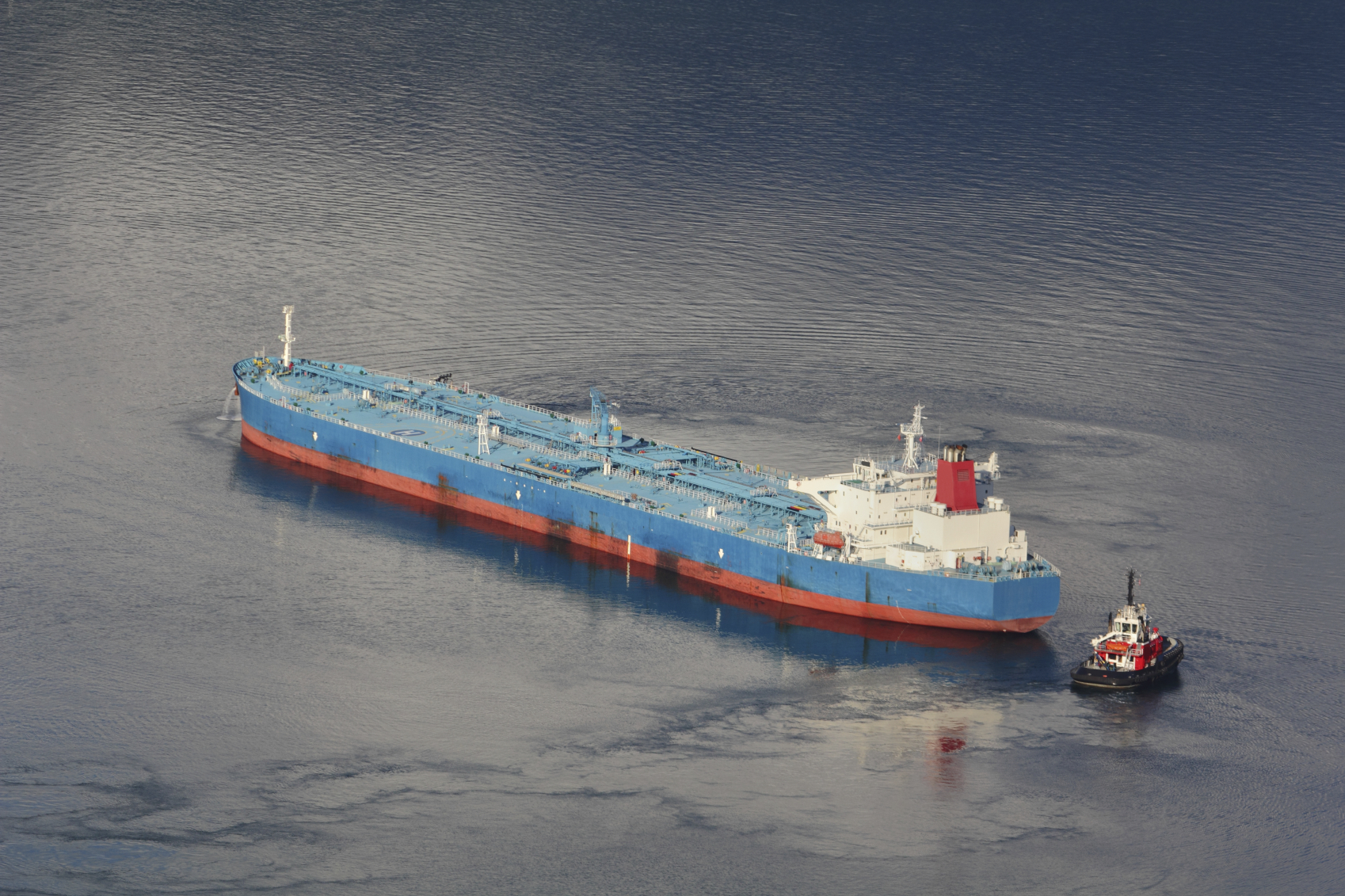This feature article in the Journal of the Canadian Heavy Oil Association argues that in terms of shipping oil off the Pacific Coast Canada the main problem is that we have ad-hoc and often reactive maritime policy development approach.
Is There a Path For Shipping Oil Off the Pacific Coast?
The path for shipping oil off the Pacific Coast should include sustained independent policy funding. The way should seek input, incorporate and evaluate insights from academics, government, the private sector, and First Nations perspectives. Both industry and government investment, leadership, resources, and public communication are required to ensure a culture of continuous improvement as marine traffic volume expands and the overall vessel traffic mix changes in complexity.
See Joseph K. Spears and Darryl Anderson’s CHOA presentation.

